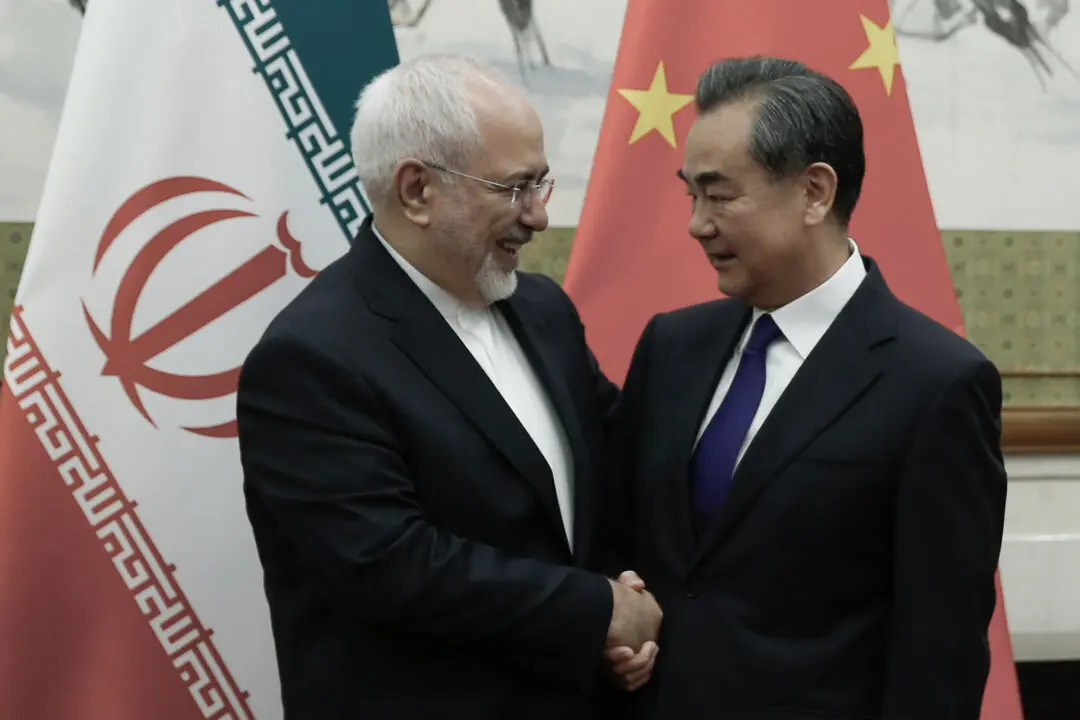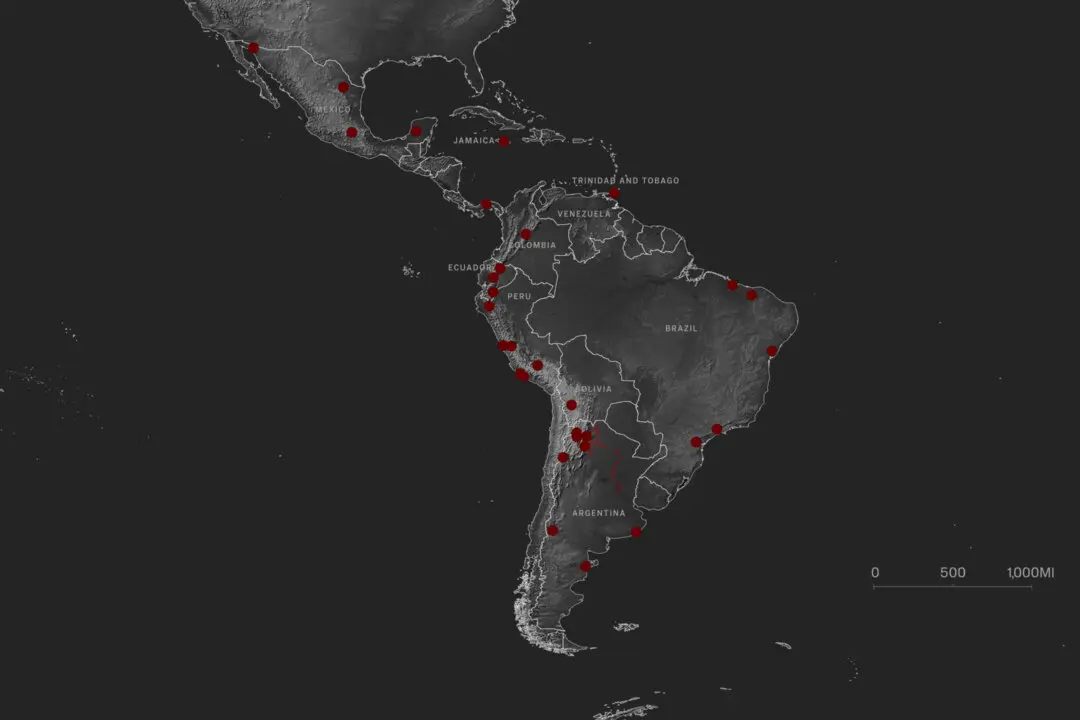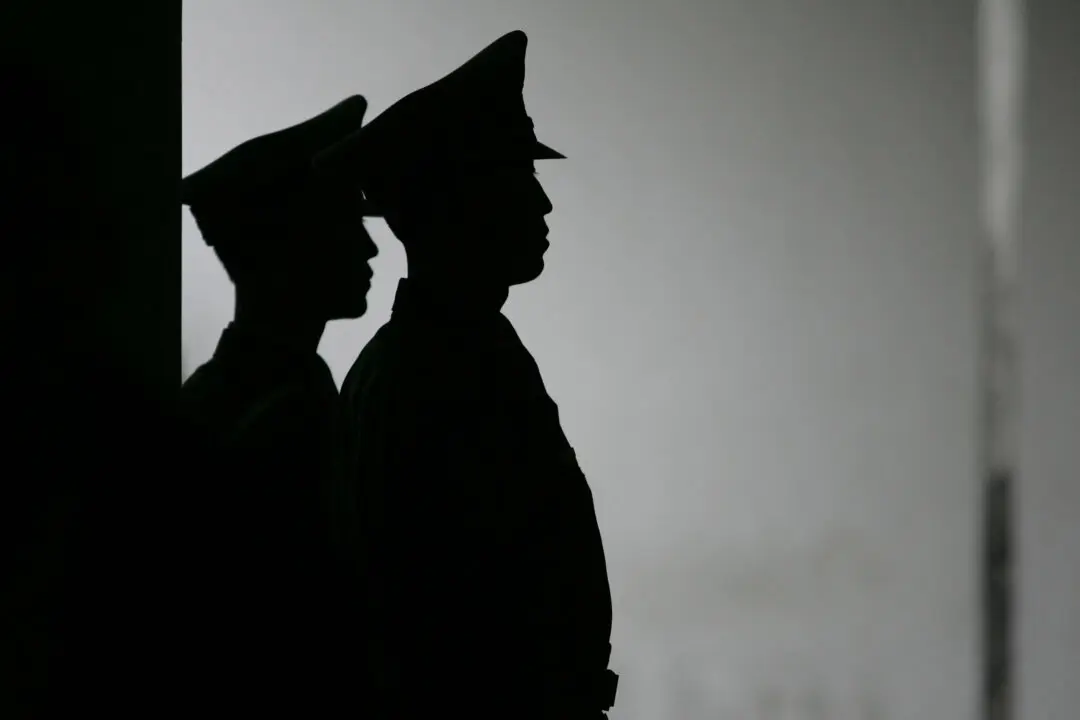While Hong Kong has been roiled by more than half a year of protests against perceived communist influence from the mainland, its neighboring city of Macau has progressed in the opposite direction—serving as a model of obedience to the regime.
The former Portuguese colony, now the world’s largest gambling market, is currently hosting Chinese leader Xi Jinping for his three-day visit to mark the 20th anniversary of Chinese regime rule.





